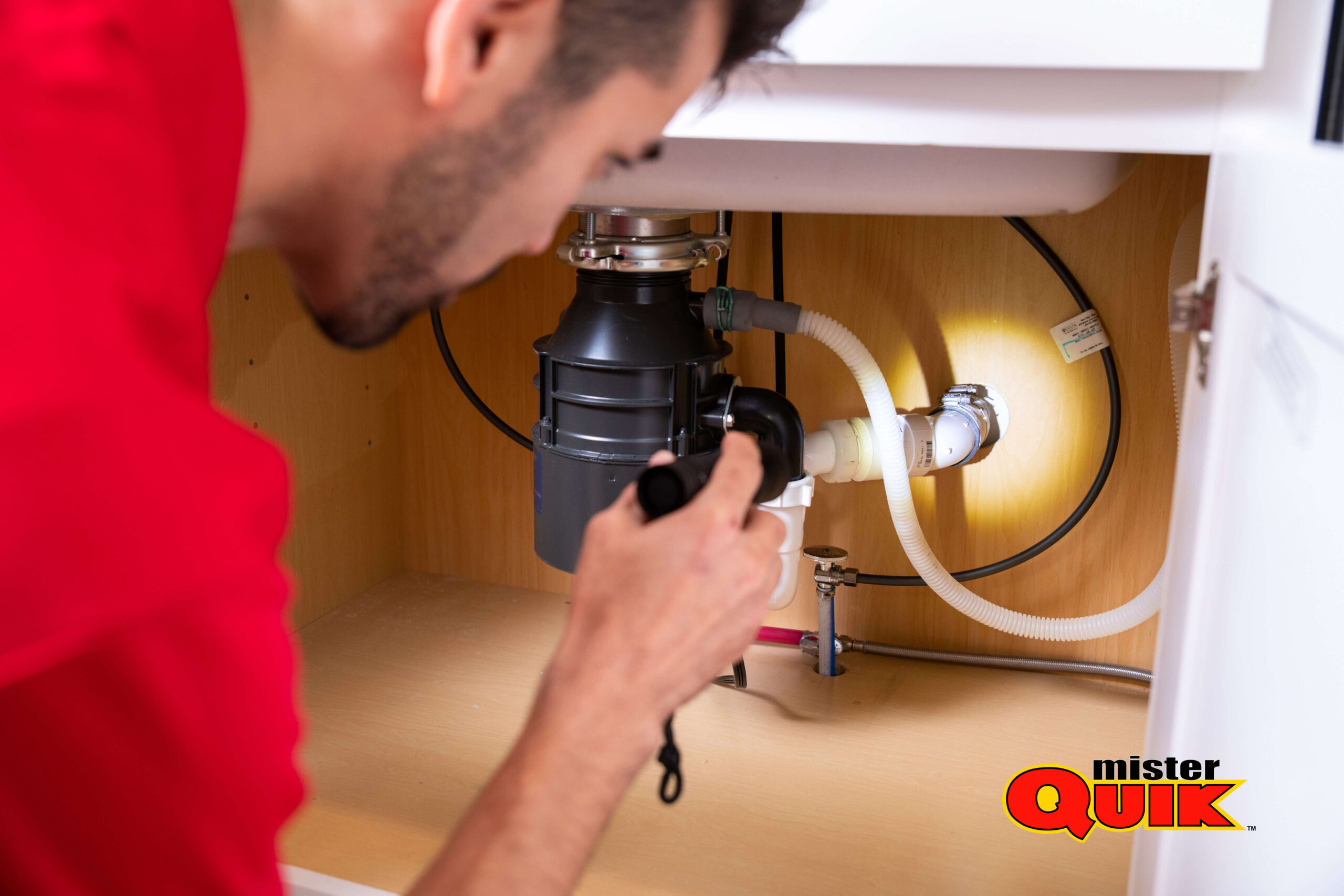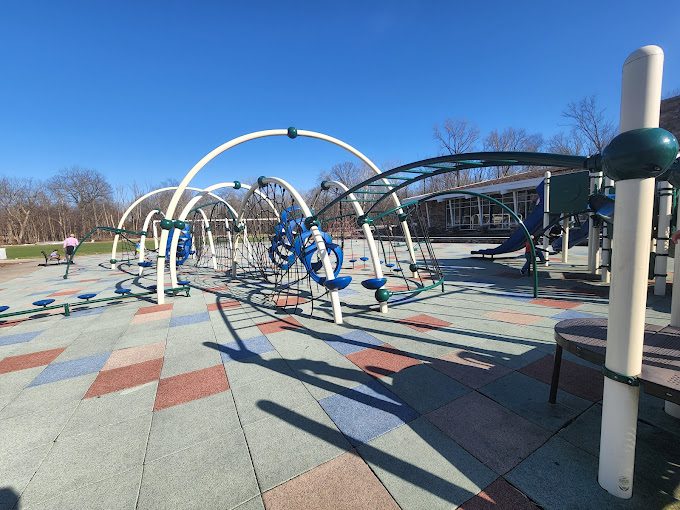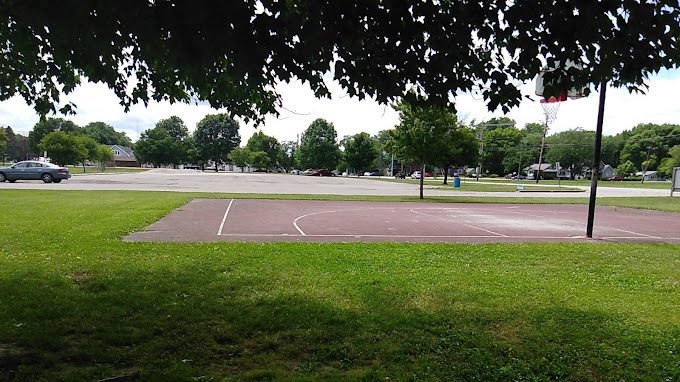Best Drain Cleaning Services in Indianapolis
Schedule on your own without making a call. Click the button below to get started!

Drain cleaning services near me
Are you in need of drain cleaning services near you in Indianapolis? Understanding the options available and what to expect can help you make an informed decision. Here’s a detailed overview of drain cleaning services to assist you:
- Professional Expertise: Trained technicians use advanced tools and techniques to effectively clear clogs and restore proper drainage.
- Comprehensive Inspection: Thorough assessment of your plumbing system identifies underlying issues contributing to clogs, ensuring long-term solutions.
- Various Methods: From snaking and hydro-jetting to enzyme treatments, different methods are employed based on the severity and nature of the clog.
- Preventive Maintenance: Regular drain cleaning prevents buildup and clogs, reducing the likelihood of costly repairs and water damage.
- Emergency Services: Providers offering emergency drain cleaning ensure prompt assistance when faced with sudden backups or overflows.
In conclusion, prioritizing professional drain cleaning services helps maintain a healthy plumbing system and prevents potential issues. Trust Mister Quik Home Services in Indianapolis to deliver reliable solutions tailored to your drain cleaning needs.
Sewer drain cleaning in my area
Are you dealing with clogged drains and sewer issues in your area? Understanding sewer drain cleaning can save you time, money, and headaches. Here’s what you need to know about sewer drain cleaning in your area:
Trained technicians use advanced equipment like cameras to inspect sewer lines and identify blockages or damage.
High-pressure water jets effectively remove debris, grease, and tree roots, restoring proper flow in sewer lines.
Flexible augers or snakes are used to dislodge clogs and obstructions from sewer pipes without causing damage.
Environmentally safe chemicals can be applied to break down organic matter and clear minor blockages.
Regular sewer drain cleaning prevents future clogs and extends the lifespan of your sewer system.
In conclusion, investing in professional sewer drain cleaning ensures efficient drainage and prevents costly repairs. Trust Mister Quik Home Services in Indianapolis for expert sewer drain cleaning tailored to your area's needs.
Calling a plumber for clogged drain cleaning is generally advisable, especially if the clog persists despite attempts to clear it using household methods. Plumbers have specialized tools and expertise to effectively diagnose and address the underlying cause of the clog, whether it’s due to debris buildup, tree roots, or other issues within the plumbing system. Attempting to tackle severe clogs without professional assistance can sometimes worsen the problem or cause damage to the pipes.
The frequency of house drain cleaning depends on various factors such as the age of the plumbing system, the presence of trees with invasive roots, and the household’s usage habits. As a general guideline, it’s recommended to schedule professional drain cleaning services every year to prevent major clogs and maintain optimal drainage performance.
Pouring vinegar down drains can help dissolve minor clogs and remove some buildup due to its acidic nature. Vinegar reacts with certain substances, breaking them down and potentially improving drainage temporarily. However, it’s important to note that vinegar is only a quick fix and may not effectively address more serious clogs or underlying plumbing issues. For persistent or severe clogs, it’s best to seek professional assistance from a plumber who can thoroughly clean and inspect the drains.
The time it takes for a plumber to clear a drain varies depending on factors such as the severity of the clog, the accessibility of the pipes, and the specific techniques and equipment used. In many cases, a plumber can clear a simple clog within an hour or two using tools like drain snakes, hydro-jetting equipment, or augers.
A drain full of black stuff could indicate several potential issues within the plumbing system. One common cause is the accumulation of organic matter such as hair, soap scum, and grease, which can decompose and turn black over time. Additionally, mold or mildew growth within the pipes can contribute to the black buildup.
Causes of clogged drains
Dealing with clogged drains can be frustrating, but understanding the causes can help prevent future blockages. Various factors contribute to drain clogs, from everyday habits to structural issues. Here’s a detailed look at the common culprits behind clogged drains:


Hair strands can accumulate in drains over time, especially in bathrooms, leading to blockages.
Pouring grease or fat down the drain can solidify and stick to pipe walls, trapping debris and causing clogs.
Food particles, especially those high in starch or fiber, can get stuck in kitchen drains, forming blockages.
Soap residue can accumulate in pipes, attracting other debris and restricting water flow.
Items like sanitary products, wipes, and small toys accidentally flushed down toilets can obstruct pipes.
Understanding the causes of clogged drains empowers homeowners to take preventive measures and maintain smooth plumbing systems. Trust Mister Quik Home Services in Indianapolis to provide expert solutions for all your plumbing needs.
Effects of clogged drainage system
A clogged drainage system can wreak havoc on your home, leading to a cascade of detrimental effects that affect both your property and your health. From water damage to structural issues, understanding the consequences of a clogged drainage system is crucial for homeowners. Here’s a detailed look at the effects:


Clogs can cause water to back up into sinks, toilets, and bathtubs, creating unsanitary conditions and potential health hazards.


Overflowing water can seep into walls, floors, and ceilings, causing structural damage, mold growth, and deterioration of building materials.




Blocked drains can emit foul odors due to stagnant water and trapped debris, leading to unpleasant living conditions and discomfort.




Standing water attracts pests like mosquitoes, flies, and rodents, increasing the risk of infestations and the spread of diseases.




Mold growth and bacterial contamination from clogged drains can pose health risks, exacerbating allergies, respiratory issues, and other illnesses.
In conclusion, the effects of a clogged drainage system extend far beyond inconvenience, jeopardizing the safety, comfort, and integrity of your home. Trust Mister Quik Home Services in Indianapolis to provide expert solutions and preventive maintenance to safeguard your property and well-being.
Slow draining sink
Are you frustrated by a slow draining sink? Understanding the causes and solutions can help alleviate the annoyance and prevent potential plumbing issues. Here’s a comprehensive guide to help you diagnose and address a slow draining sink:
1.Clogged Drain:
Accumulation of hair, soap scum, food particles, or grease can obstruct the drain, impeding water flow.
2.Blocked P-Trap:
Debris buildup in the P-trap, the curved pipe beneath the sink, can restrict water flow and cause slow draining.
3.Venting Issues:
Blocked or improperly installed vent pipes can create suction, slowing down the draining process.
4.Mineral Deposits:
Hard water can lead to mineral buildup in the pipes, narrowing the passage and hindering water flow.
5.Aging Pipes:
Corrosion or damage to older pipes can cause irregularities in water flow, resulting in slow drainage.
In conclusion, addressing a slow draining sink promptly can prevent more significant plumbing problems down the line. Trust Mister Quik Home Services in Indianapolis to provide expert solutions and restore proper drainage to your sink.
Slow draining toilet
Is your toilet draining slowly, causing frustration and inconvenience? Understanding the causes and solutions for a slow draining toilet can help you address the issue effectively. Here’s what you need to know to troubleshoot and resolve a slow draining toilet:
Accumulation of debris, toilet paper, or foreign objects can obstruct the drain pipe, leading to slow drainage.
A blocked vent pipe can restrict airflow, causing water to drain slowly from the toilet bowl.
A worn or improperly sealing flapper valve can impede the flushing process, resulting in inadequate water flow and slow drainage.
Damage or blockages in the sewer line can affect the flow of waste from the toilet, causing slow drainage.
Hard water deposits can accumulate in the toilet's trap and drain pipes, narrowing the passage for water to flow through.
In conclusion, a slow draining toilet can be caused by various factors, including clogs, vent pipe blockages, flapper valve issues, sewer line problems, and mineral buildup. Trust Mister Quik Home Services in Indianapolis to diagnose and resolve the issue promptly, restoring proper function to your toilet.
Troubleshoot Checklist:
- Inspect the toilet bowl and drain pipe for visible clogs caused by debris, toilet paper, or foreign objects.
- Use a plunger or plumbing snake to attempt clearing any obstructions in the drain.
- Check the vent pipe on the roof or exterior wall for blockages, ensuring proper airflow to facilitate drainage.
- Clear any debris or obstructions from the vent pipe using a plumbing auger or by flushing water through it.
- Verify the flapper valve’s functionality by flushing the toilet and observing if it seals properly after the flush.
- Replace the flapper valve if it’s worn out, damaged, or not sealing correctly, impeding water flow and causing slow drainage.
- Contact a professional plumber to inspect the sewer line for damage, blockages, or tree root intrusion causing slow drainage.
- Utilize video camera inspection technology to identify issues within the sewer line and determine the appropriate course of action.
- If hard water deposits are suspected, consider using commercial drain cleaners or vinegar and baking soda solutions to dissolve mineral buildup.
- Install a water softener system to prevent future mineral accumulation and improve overall water quality.









